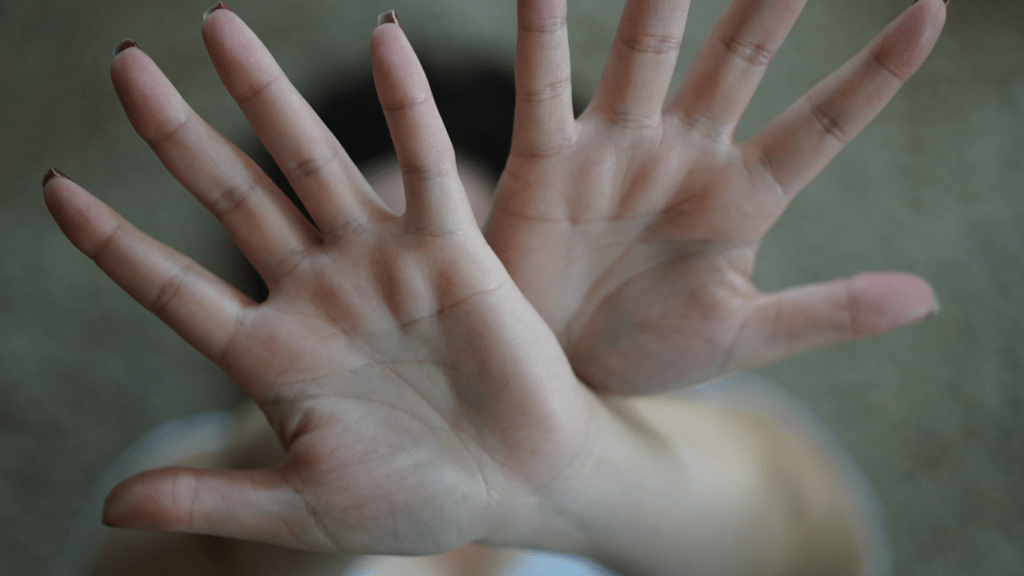As someone who has delved into the complexities of behavioral patterns and their impact on individuals, I’ve come to recognize the insidious nature of gambling addiction. In this article, we’ll explore the intricate web of signs, symptoms, and potential solutions surrounding this pervasive issue.
Gambling addiction can often masquerade behind a veil of normalcy, making it challenging to identify until it spirals out of control. Through a closer examination of the red flags and behavioral cues, we can shed light on the silent struggles faced by those grappling with this addiction.
Join me as we navigate through the nuances of gambling addiction, unraveling the tangled threads that weave through the lives of individuals affected by this compelling yet destructive habit.
Overview of Gambling Addiction
Gambling addiction is a complex behavioral disorder that can have profound impacts on individuals’ lives. As someone who has extensively studied addictive behaviors, I recognize the importance of understanding the intricacies of this issue.
Gambling addiction, also known as pathological gambling or compulsive gambling, is characterized by an inability to resist the urge to gamble despite negative consequences. In my research, I have found that gambling addiction often remains hidden, making it challenging to identify before it reaches a critical stage.
Individuals struggling with this addiction may exhibit various signs and symptoms that could signal a deeper problem. Understanding these behavioral cues is crucial in addressing the issue effectively.
To tackle gambling addiction, it is essential to explore potential solutions that can help individuals overcome their compulsive gambling habits. From therapy and support groups to self-exclusion programs and financial counseling, there are various approaches that can aid in recovery.
By shedding light on the signs, symptoms, and solutions related to gambling addiction, I aim to raise awareness and provide valuable insights into this prevalent issue.
Signs and Symptoms of Gambling Addiction
Behavioral Signs
I’ll outline common behavioral manifestations of gambling addiction, such as:
- Increasing secrecy
- Excessive preoccupation with gambling activities
- Irritability when attempting to cut down or stop gambling
- Chasing losses, leading to financial difficulties
- Anxiety or restlessness when not gambling
- Mood swings related to wins or losses
- Feeling guilt or shame about gambling behavior
- Using gambling as a coping mechanism for stress or other emotions
Impact of Gambling Addiction
Exploring the impact of gambling addiction is crucial in understanding the full extent of its consequences. Gambling addiction can have far-reaching effects on various aspects of an individual’s life, ranging from personal relationships to financial stability and mental well-being.
- Financial Implications: Gambling addiction often leads to severe financial consequences. Individuals struggling with this addiction may find themselves in substantial debt, facing challenges in paying bills, managing daily expenses, or even bankruptcy. The relentless pursuit of gambling despite mounting losses can have devastating effects on one’s financial health.
- Emotional and Psychological Toll: The emotional and psychological toll of gambling addiction can be significant. Individuals may experience heightened stress, anxiety, and depression due to the detrimental impact of their addiction. Feelings of guilt, shame, and hopelessness can further exacerbate the emotional burden, affecting overall mental well-being.
- Social Isolation: Gambling addiction can isolate individuals from their social circles and support systems. The preoccupation with gambling can lead to strained relationships with family and friends, as well as a loss of interest in activities once enjoyed. Social isolation can intensify feelings of loneliness and alienation, further deepening the impact of the addiction.
- Physical Health Consequences: The consequences of gambling addiction are not limited to mental and emotional realms but can also manifest in physical health issues. Stress-related ailments, sleep disturbances, and neglect of self-care are common among individuals grappling with gambling addiction. The toll on physical health underscores the holistic impact of this pervasive disorder.
Understanding the multifaceted impact of gambling addiction is crucial in addressing the complexities of this issue. By recognizing and acknowledging the far-reaching consequences, individuals can take proactive steps towards seeking help, fostering recovery, and reclaiming control over their lives.
Treatment Options for Gambling Addiction
I’ll now delve into effective treatment options for gambling addiction. Seeking professional help and support is crucial in addressing this complex disorder. Here are some common approaches to recovery:
- Therapy: Cognitive-behavioral therapy (CBT) has been identified as one of the most successful forms of therapy for treating gambling addiction. It focuses on changing unhealthy gambling behaviors and thoughts, helping individuals develop healthier coping mechanisms.
- Support Groups: Joining support groups like Gamblers Anonymous can provide individuals with a sense of community, shared experiences, and encouragement. These groups offer a safe space to discuss challenges, share progress, and receive ongoing support from peers.
- Self-Exclusion Programs: Many casinos and gambling establishments offer self-exclusion programs that allow individuals to voluntarily ban themselves from participating in gambling activities. This can serve as a proactive step to prevent relapse and curb the urge to gamble.
- Financial Counseling: Managing financial repercussions is a crucial aspect of treating gambling addiction. Financial counselors can help individuals develop strategies to handle debts, rebuild financial stability, and learn responsible money management skills.
These treatment options can be tailored to individual needs and circumstances, providing a comprehensive approach to overcoming gambling addiction. Seeking professional help and engaging with appropriate support systems are vital steps towards recovery and regaining control over one’s life.


 Jenniferala Reidero, the founder of Spin Golden Bucks, is passionate about equipping gamblers with the tools to succeed while promoting responsible betting. Her vision has shaped the platform into a trusted resource, offering strategies, industry updates, and insights into modern trends like crypto-based gaming. Through her leadership, Spin Golden Bucks bridges traditional gambling with innovative approaches, empowering players to make informed and balanced decisions.
Jenniferala Reidero, the founder of Spin Golden Bucks, is passionate about equipping gamblers with the tools to succeed while promoting responsible betting. Her vision has shaped the platform into a trusted resource, offering strategies, industry updates, and insights into modern trends like crypto-based gaming. Through her leadership, Spin Golden Bucks bridges traditional gambling with innovative approaches, empowering players to make informed and balanced decisions.